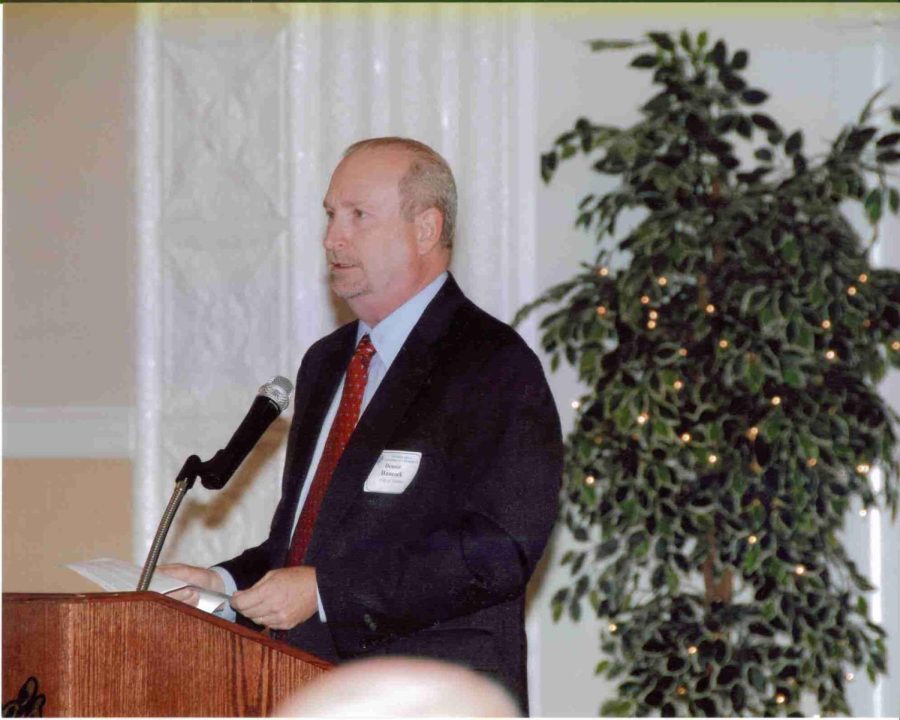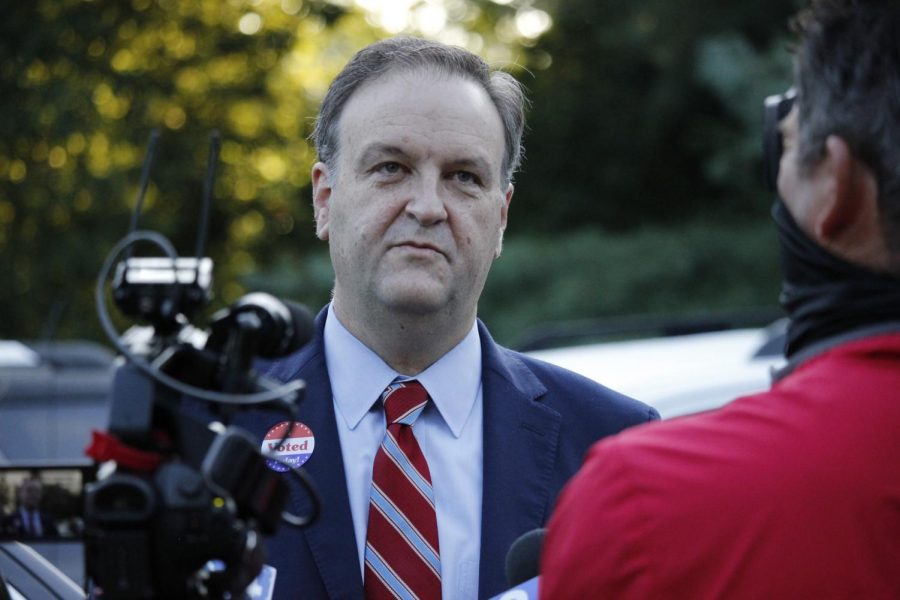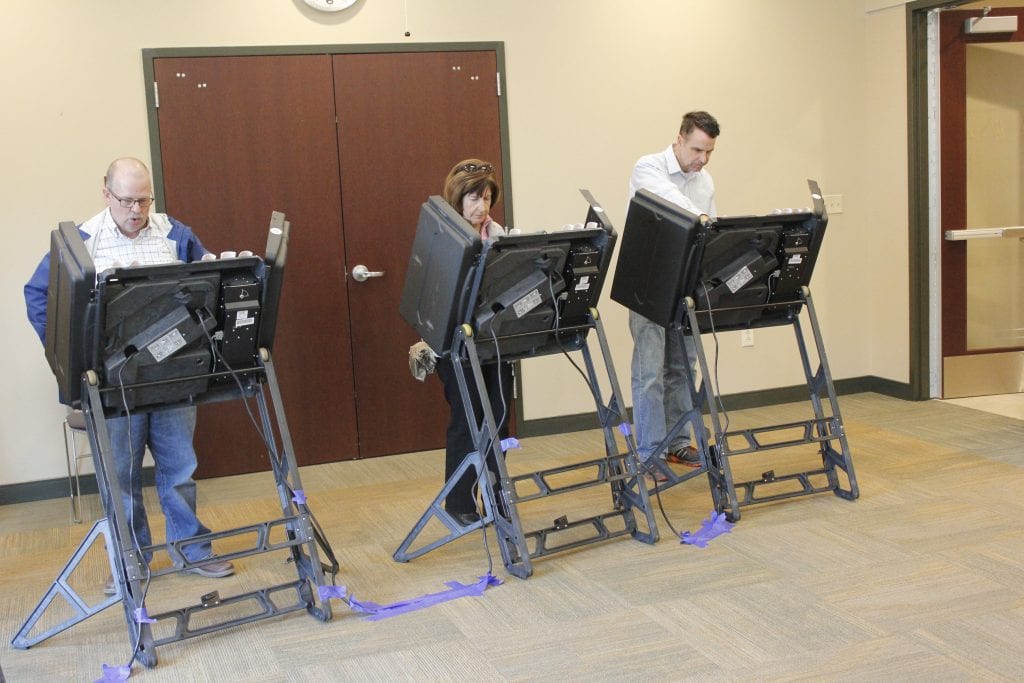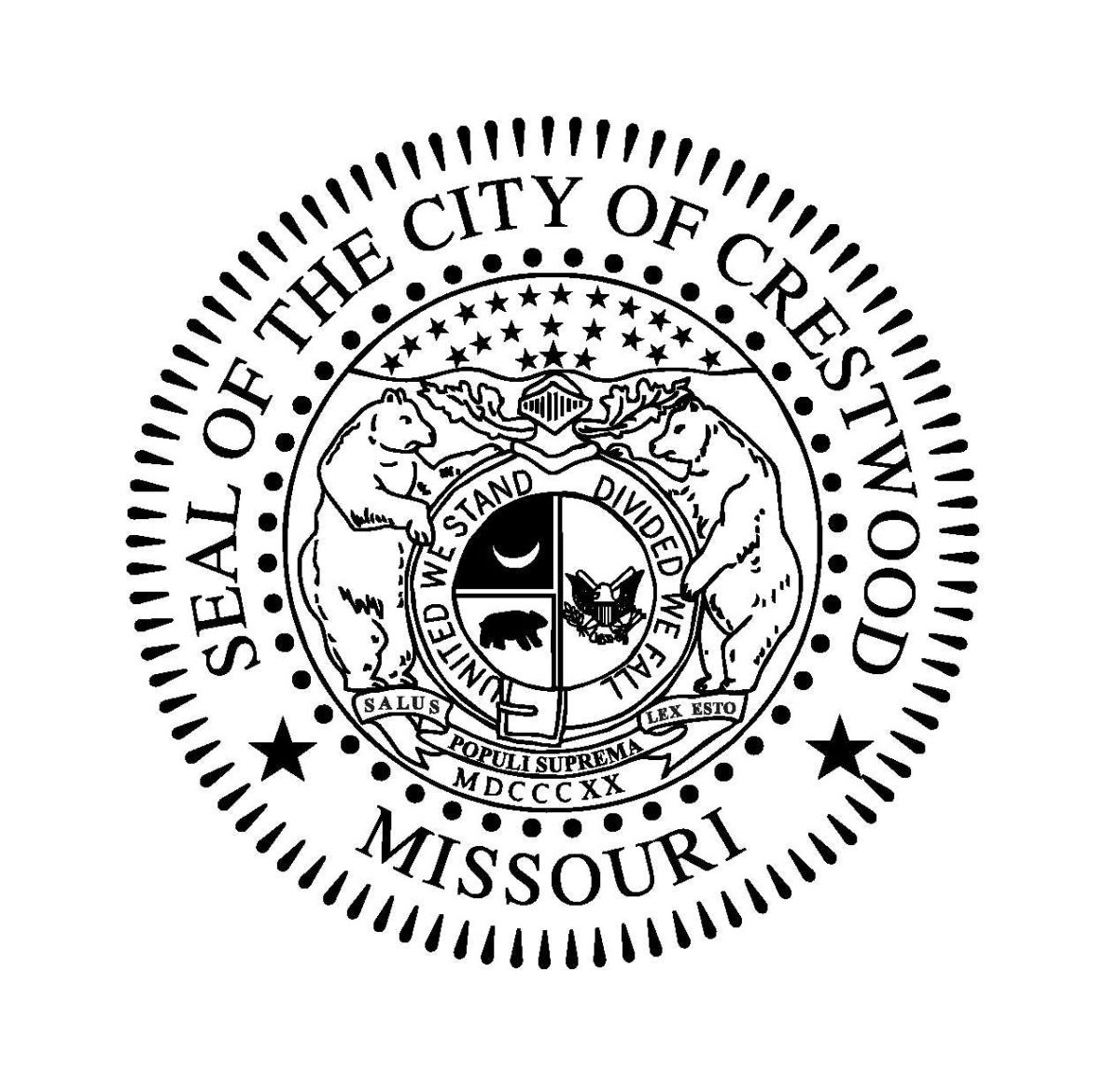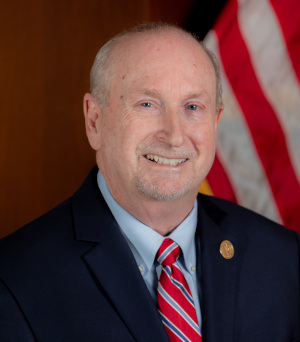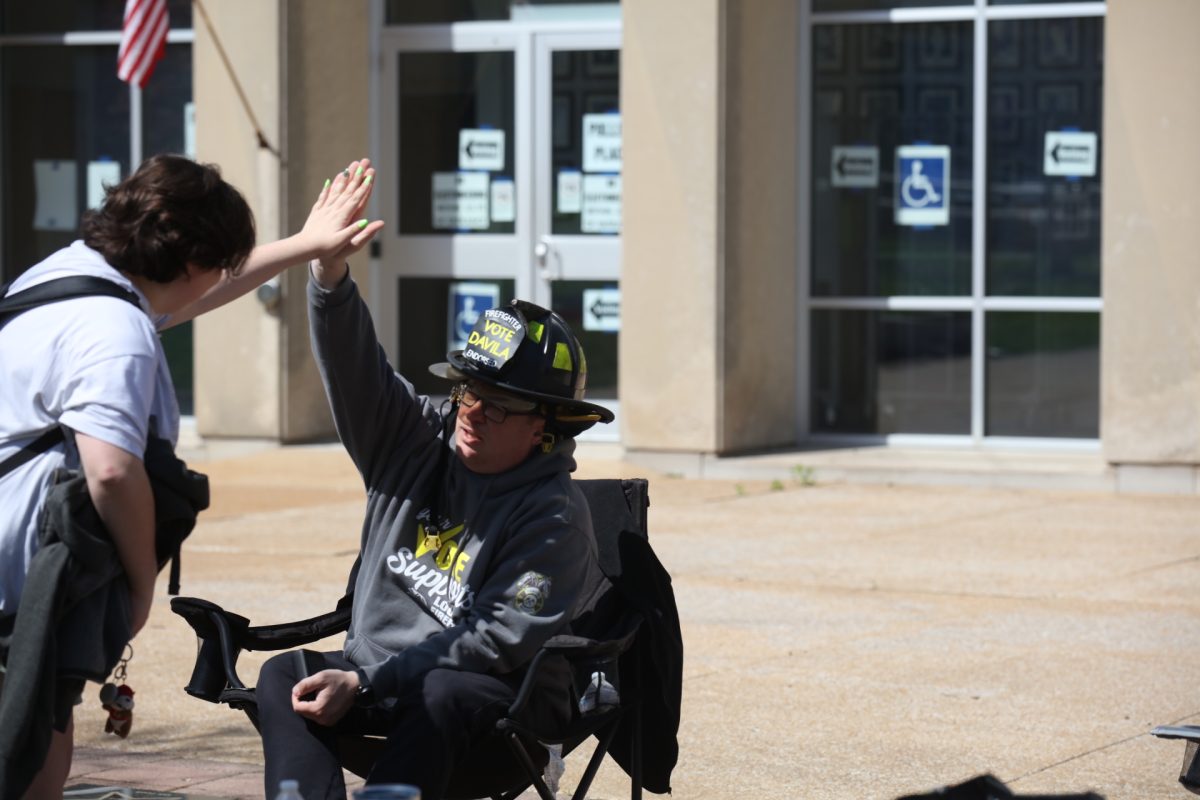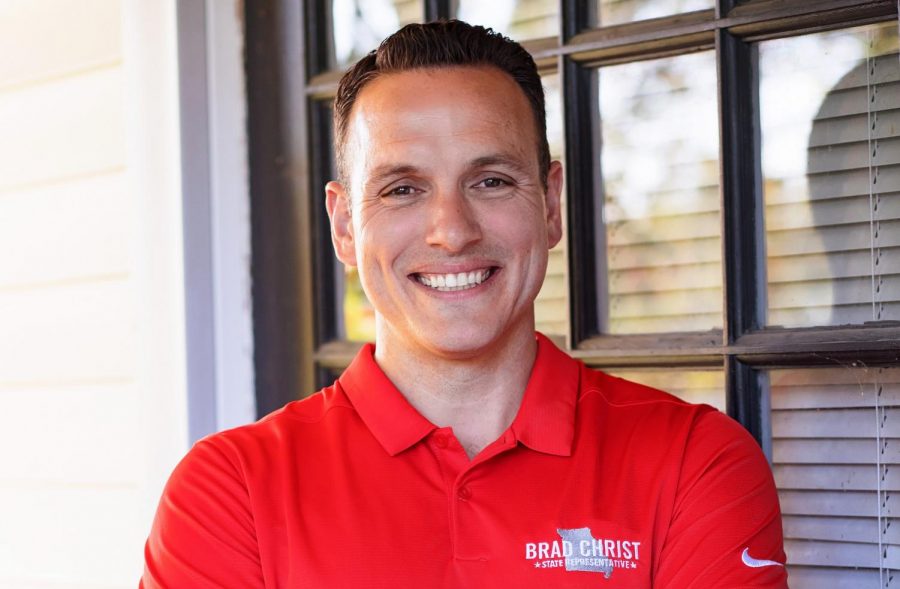The race to represent the 3rd District on the St. Louis County Council features Republican Dennis Hancock and Democrat Vicki Lorenz Englund, former state representative and Lindbergh school board member (See related article, Page 6A). Current 3rd District Councilman Tim Fitch is not seeking reelection in the election Nov. 8.
Hancock has a history in politics, serving as Fenton mayor from 2001 to 2013. He said he decided to run in hopes to maintain a balanced council.
“This is a watershed election. The fact that you have a balance on the County Council, you have the two Democrats from North County who tend to side with the two Republicans on most major issues, I think is … refreshing,” Hancock said. “I think that balance goes away if my opponent wins … that’s been my motivation this whole time.”
Hancock said his mayoral experience sets him apart. Although Englund has served in the Missouri House of Representatives and Lindbergh school board, Hancock said he doesn’t think that experience is as relevant when it comes to the county’s issues.
“When I talk to aldermen and mayors around the district, they really appreciate that someone who understands what they’re fighting for and their points will serve on the council,” Hancock said.
A main accomplishment during Hancock’s time as mayor includes the city’s handling of the shutdown of a Chrysler plant. He said the city was faced with a 15 percent revenue reduction, and the solution was to cut costs rather than raise taxes. He equates the experience to the impending costs associated with county debt, when it will face “some hard choices.”
Other issues that Hancock has identified in talking to constituents include public safety and government competency. He said issues with crime could be partially solved with a fully-funded law enforcement plan, but government accountability would require the council to work together to hold the county accountable.
“The biggest thing that needs to happen … is providing oversight to county government. The council has two primary functions: pass legislation or to not pass legislation … and to provide oversight, to make sure what they implemented was what they intended to be implemented,” Hancock said. “That’s the part that’s been lacking for a significant amount of time. It’s time for the council to get back in that role.”



